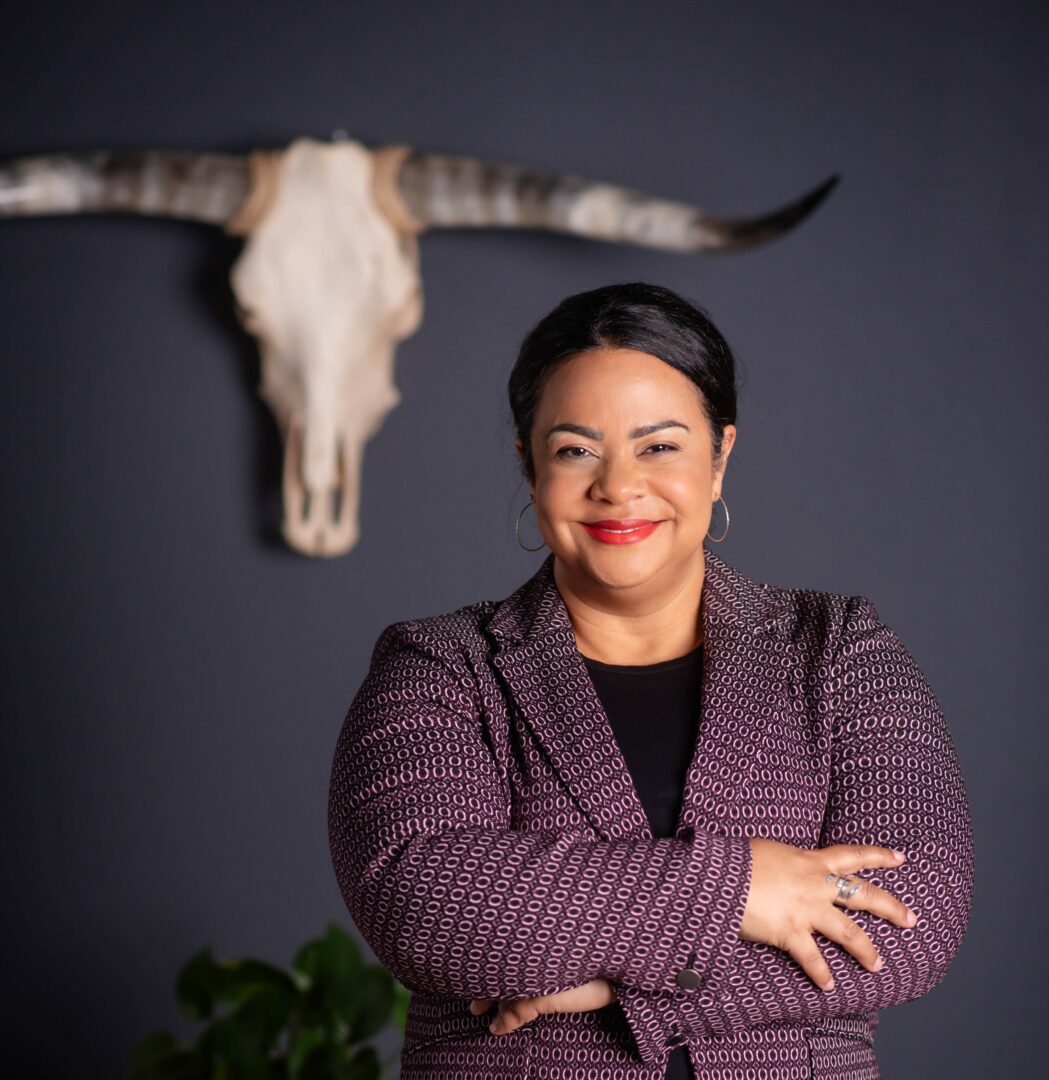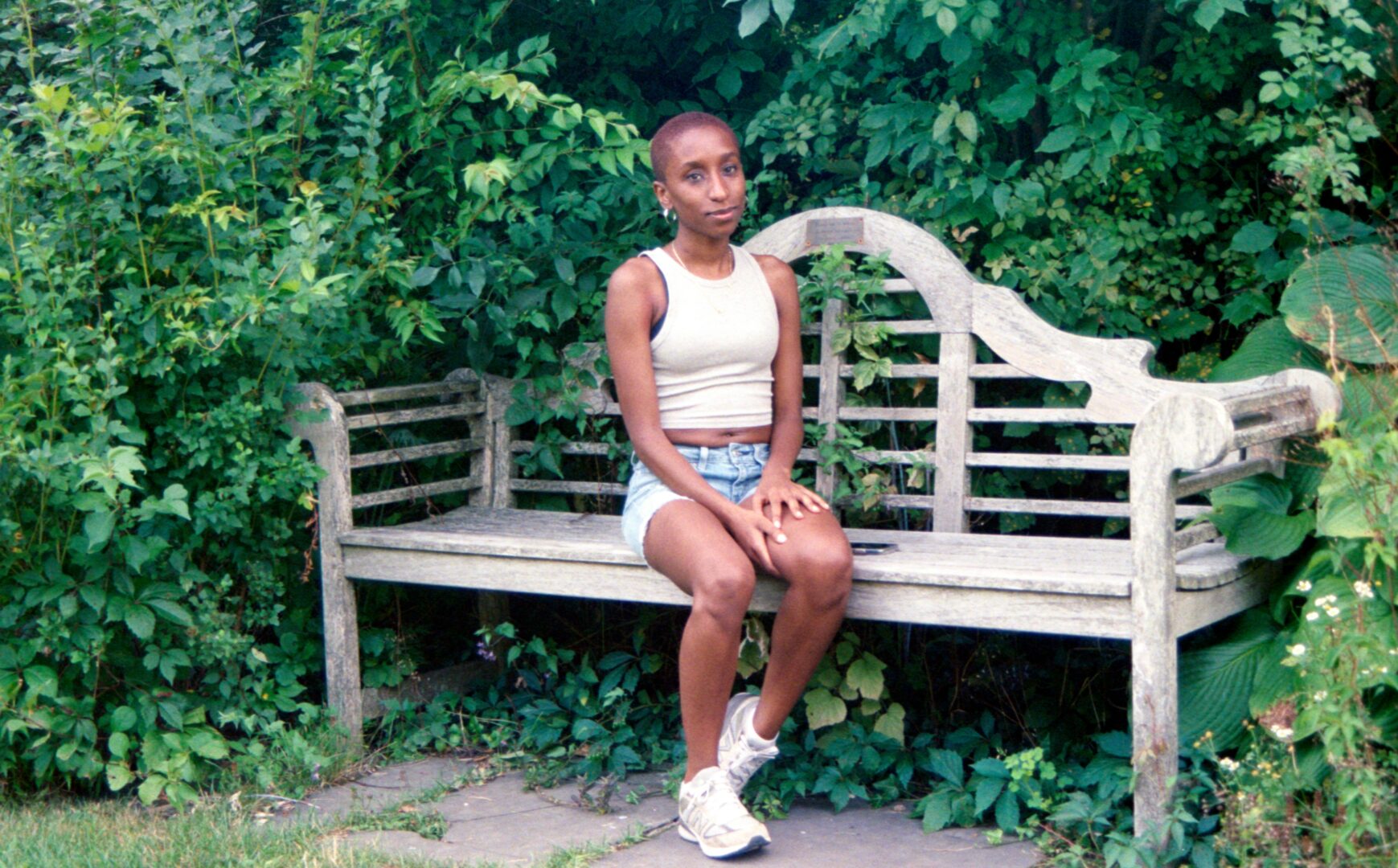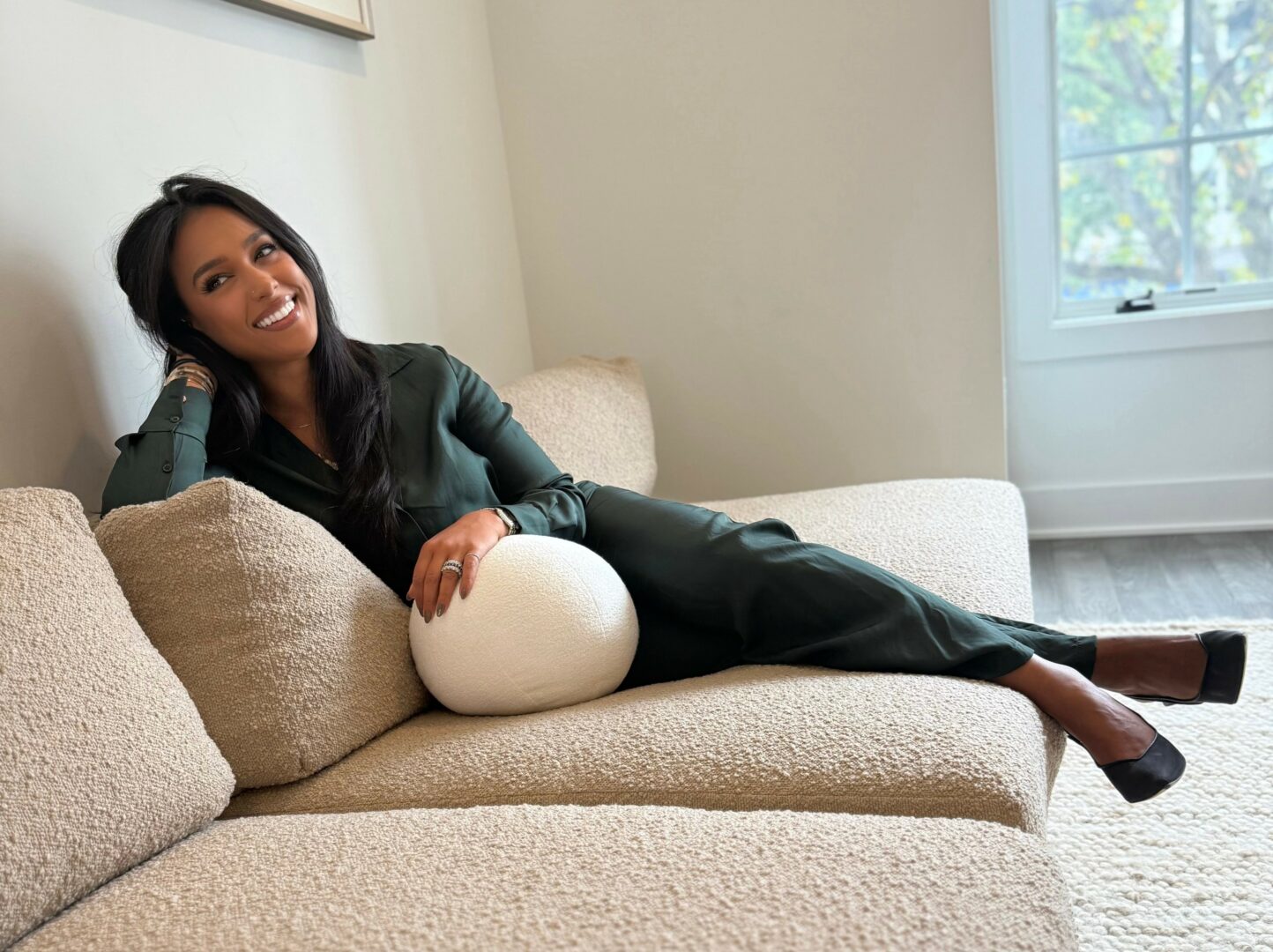We were lucky to catch up with Steven Christian recently and have shared our conversation below.
Steven, first a big thank you for taking the time to share your thoughts and insights with us today. I’m sure many of our readers will benefit from your wisdom, and one of the areas where we think your insight might be most helpful is related to imposter syndrome. Imposter syndrome is holding so many people back from reaching their true and highest potential and so we’d love to hear about your journey and how you overcame imposter syndrome.
Overcoming imposter syndrome has been a lifelong journey for me, starting in high school and extending through college and medical school. As the first Black person to pursue an MD and PhD in Nevada, I often felt my strengths weren’t recognized in the spaces I occupied, especially in medical school. This led to a deep sense of not belonging and feeling like an outsider.
However, I’ve found hope and affirmation in expressing myself and sharing my uniqueness with others. This reminds me that my feelings of being an imposter are more about my insecurities than reality. Although I may struggle with exams, I excel in presentations, patient care, research projects, and creative ventures. My artistry and creativity, which may not shine in traditional academic settings, have earned recognition and validation from peers, especially when I publish a new book or create art.
Ultimately, overcoming imposter syndrome for me involves affirming my abilities and pushing beyond expectations to believe in my capabilities. It’s about pursuing and sharing my ideas with the world, embracing my unique path, and not compromising my identity. This journey isn’t just about fitting in, but standing out and valuing my distinct contributions.
Thanks, so before we move on maybe you can share a bit more about yourself?
As a multi-faceted creator, my journey blends medicine, technology, and art in a unique way. I’m the first Black person in Nevada to pursue an MD-PhD, currently focusing on my USMLE Step One board exam at the University of Nevada, Reno. But beyond academics, I’m the founder of Iltopia Studios, where I channel my creativity into comics and cartoons.
My decade-long project, the graphic novel series “Eyelnd Feevr”, began during my recovery from a hip surgery in 2011. It follows Roscoe and his friends unraveling their island’s mysteries. This venture evolved from a newspaper comic to a multimedia experience encompassing web comics, books, animation, and augmented reality.
Iltopia Studios isn’t just a creative outlet; it’s a means to promote literacy and access to books, especially in marginalized communities, through innovative technology. My work in augmented reality doesn’t just enhance storytelling but also forms the basis of my PhD research, aimed at tackling health inequities through improved health literacy.
The latest pride of my work is the Analog-AR augmented reality headset, part of the Eyelnd Feevr immersive storytelling experience. This affordable technology, only $40, democratizes access to augmented reality, allowing users to enjoy rich experiences without the steep costs usually associated with high-end headsets.
My brand is about bridging worlds – medicine, art, technology – and creating tangible, community-building products. From books to plushies, stickers, T-shirts, and bookmarks, all elements are augmented reality-enhanced, offering a multi-layered exploration of the Eyelnd Feevr universe. Through my endeavors, I aim to inspire others to explore their creativity and push the boundaries of technology in their own projects.
If you had to pick three qualities that are most important to develop, which three would you say matter most?
In my journey, the three most impactful qualities have been multidisciplinary thinking, resilience, and creativity. Embracing a multidisciplinary approach has been crucial, as my path often intersects diverse fields like medicine, animation, and augmented reality. This perspective, stemming from my experiences as a former football player, animator, comic creator, and a neuroscience PhD candidate, highlights the importance of looking beyond conventional boundaries.
Resilience has been another key quality. Balancing various roles in a unique journey demands a robust resilience, often misconstrued as stubbornness. It’s about internal motivation and the discipline to see things through, especially when advice comes from those who haven’t navigated a similar path.
Creativity has been a cornerstone, allowing for innovation and the realization of ideas, even when the path isn’t clear. It often involves trusting my skills and process, brainstorming ideas, and turning them into reality.
For those early in their journey, my advice is to embrace multidisciplinary learning. Don’t limit yourself to one perspective; explore the intersections between different areas for unique insights. Cultivate resilience by staying true to your path and balancing advice with self-reliance. Foster creativity, allowing yourself to think freely and execute ideas courageously. Give yourself grace and patience for growth, trusting in your abilities and process. Finally, don’t be afraid to step into uncharted territories. Your unique experiences can lead to groundbreaking innovations. Remember, your journey is about both the process and the destination, with each step shaping you into a more capable and versatile individual.
Is there a particular challenge you are currently facing?
The primary obstacle I’m currently grappling with is preparing for the USMLE Step One, a crucial and notoriously challenging board exam for medical students. This exam is a major hurdle in my path to becoming a medical doctor and progressing in my MD-PhD program. Balancing my extensive commitments outside of medical school with the intense preparation required for this exam has been particularly demanding.
Since March, most of my time has been dedicated to studying for this exam, as passing it is essential for moving forward in my medical career. This focus has necessitated putting almost everything else on hold, heightening the challenge. The biggest struggle includes avoiding burnout, maintaining focus and motivation, and continuing to believe in myself, especially when practice test scores can be discouraging.
Throughout this journey, I’ve faced considerable adversity, including losing friends to gun violence and illness, contracting COVID, financial difficulties, and the need to work part-time to support myself while studying. This phase has tested my resilience and dedication profoundly, often feeling isolating and difficult to navigate alone.
To combat these challenges, I’ve developed a reliable daily system, ensuring variety in my routine to avoid monotony. My days involve 8 to 12 hours of focused study, balanced with part-time work and activities like watching Netflix, drawing, making comics, animating videos, and reading for leisure.
A personal mantra I repeat every morning and night helps ground me, focusing my efforts on passing the exam and achieving my goal of becoming the first Black MD-PhD student in Nevada’s history. While I’m aware of the high stakes, I strive to avoid psyching myself out and instead concentrate on preparing as best as I can. This journey isn’t just for me; it’s an opportunity to inspire others through my perseverance and success.
Contact Info:
- Website: https://stuckonaneyelnd.com
- Instagram: https://instagram.com/stuckonaneyelnd
- Facebook: https://facebook.com/iltopia
- Linkedin: https://www.linkedin.com/in/steven-christian-42387649/
- Twitter: https://twitter.com/stuckonaneyelnd
- Youtube: https://www.youtube.com/channel/UCFtcnhBJ3r9KPZYhcG2sOqg
- Other: https://www.tiktok.com/@stuckonaneyelnd https://www.tiktok.com/@iltopia https://shop.iltopia.com








